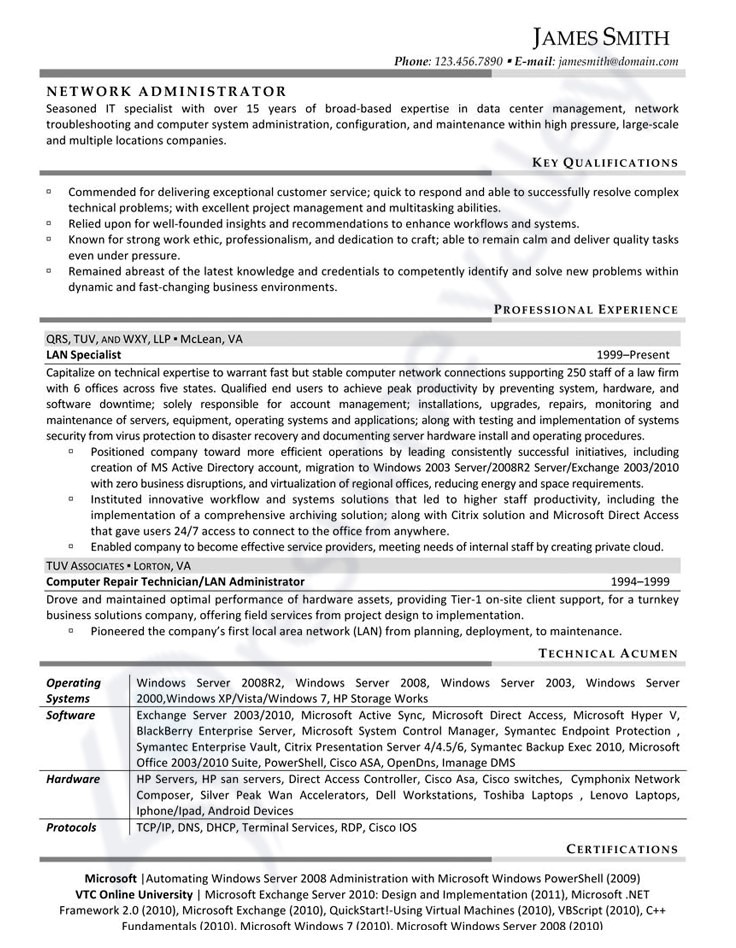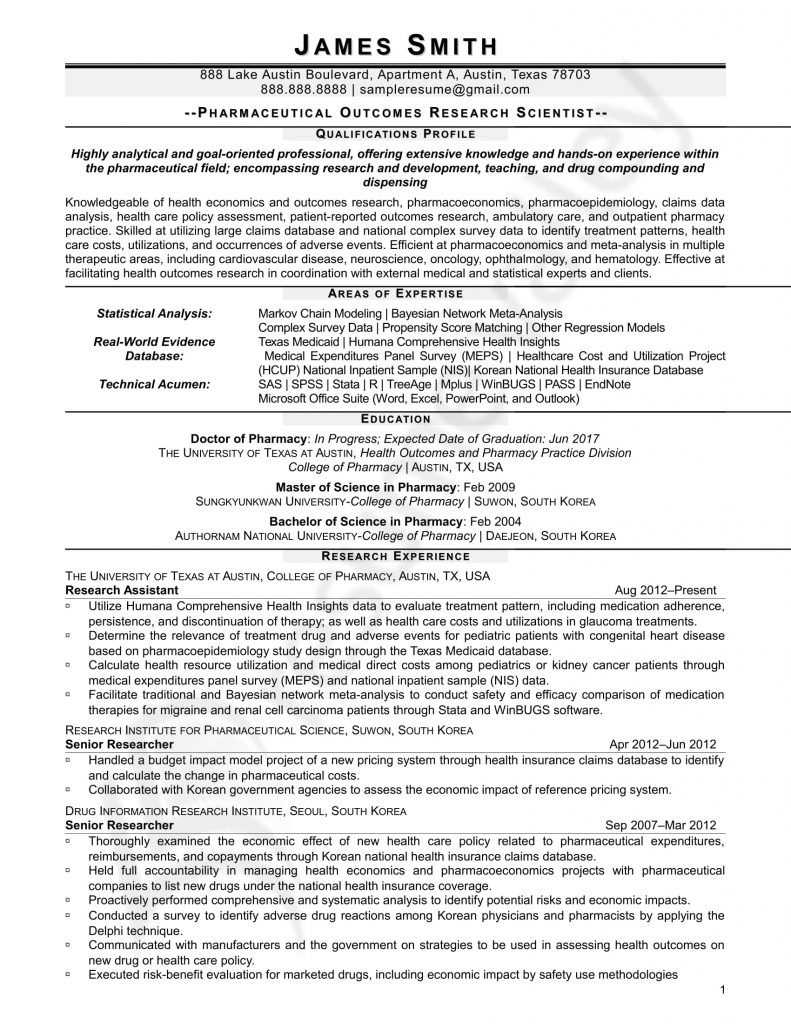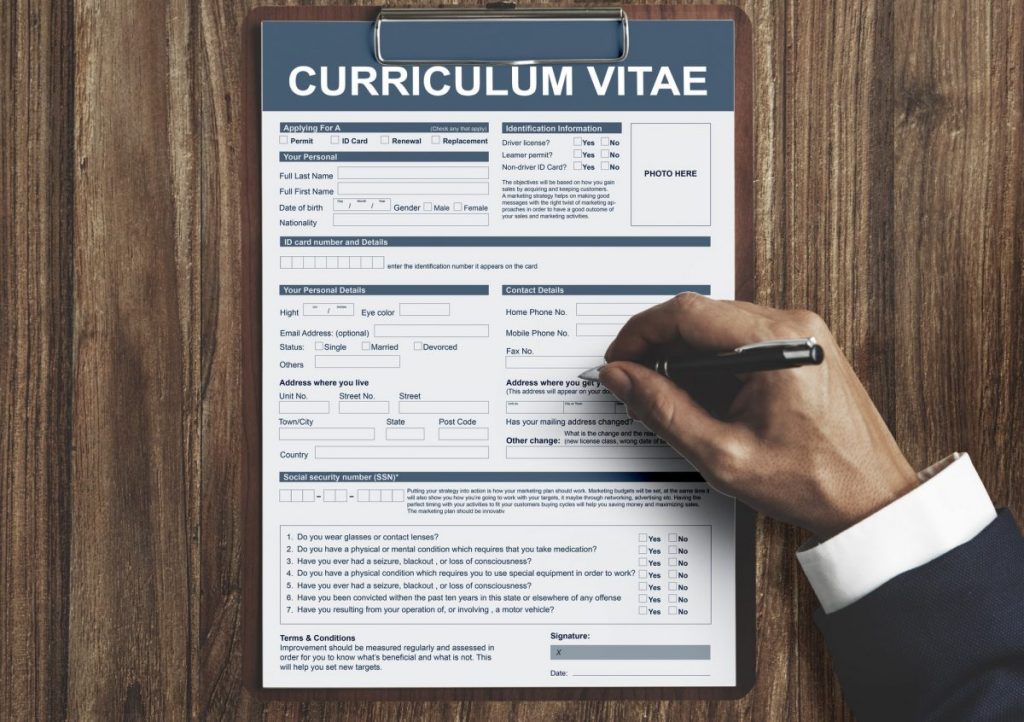In job search, one of the key aspects job seekers like you must heed is the “marketing document” to use—the debate of curriculum vitae or CV vs resume. Both are used to state your credentials, show your skills, and convince the hiring manager that you’re fit for the job position you are applying for. As a result, these tools can help you snag job interviews and land you your dream job.
Yet, all job seekers have various job search needs and career levels. Others might need to use a CV, while others need to use a resume for their job applications. So, how do you find out which best fits your needs and goals? Keep on reading.
Resume
It’s a one to two-page tool used to show a summary of your work history, skills, achievements, and job-related credentials. Also, a resume includes a skills section, and its education part is usually shorter than that of a CV.
Keep your resume to a maximum of one page as much as you can. However, if you believe you need to list more details to add value to your job search tool, keep it to two pages only. Also, you must ensure your resume fits the role you’re applying for. Tailor it to the needs of the job post so that you can grow your chances of getting your file noticed.
What to Put in Your Resume
- Full name
- Contact details
- Qualifications profile or resume headline
- Work history
- Achievements
- Education
- Resume keywords
- Certificates
Further, here’s a resume example:

For more tips and tricks on how to write a resume, read on the latest resume trends and top ATS resume writing tips to guide you.
CV
A CV (short for curriculum vitae, which is the Latin word for “course of life”) is a more in-depth record wherein you describe the whole course of your career in full detail. In addition, hiring managers require the use of CVs to apply for job posts in academia or research.
What to Put in a CV
- Full name
- Contact details
- Title and summary
- Research interests and experience
- Education
- Publications
- Teaching or lecturing experience
- Work history
- Conferences and courses
- Skills
- Certificates
- Languages and skills
- Academic and research appointments
- Awards and honors
To get a gist of what a CV looks like, refer to this sample:

CV vs Resume
With the meanings and features of each listed above, let’s look at the key differences between the two.
Scope
As discussed, a CV is an in-depth look at your life’s accomplishments, work, and academic background. In contrast, a resume presents a summary of your work experiences and achievements relevant to the job you’re applying for.
Length
Since a CV is a record of your lifetime credentials, it can run for 10 pages or more in length. Meanwhile, a resume is one to two pages long, which aims to outline your last 10 to 15 years of work experience history.
Purpose
CVs get the nod for academic roles or graduate school programs, while resumes are used to apply for all other jobs. However, in other regions or countries, CVs are also used to refer to resumes.
When to Use a CV vs Resume
If you’re eyeing for teaching or research positions in the United States, it’s best for you to use a CV. Why? Hiring teams will need to look at your education background as part of the screening process, and you can use your CV to best highlight this part.
For any other jobs, you may write a resume to shed light on your most apt job experiences, skills, and awards.
Lastly, the use of a CV vs resume all boils down to what you need as a job seeker. It’s very crucial for you to check your current career level and job goals for you to choose which job search tool to use for a more worthwhile job application. We get it; figuring out which to use may overwhelm you. The good news is, you can leave it to the experts. Our top resume writing services at low-cost rates can help you ace your job search and snag your target job! Hire and contact us today to know more, and get started with your resume or CV!





